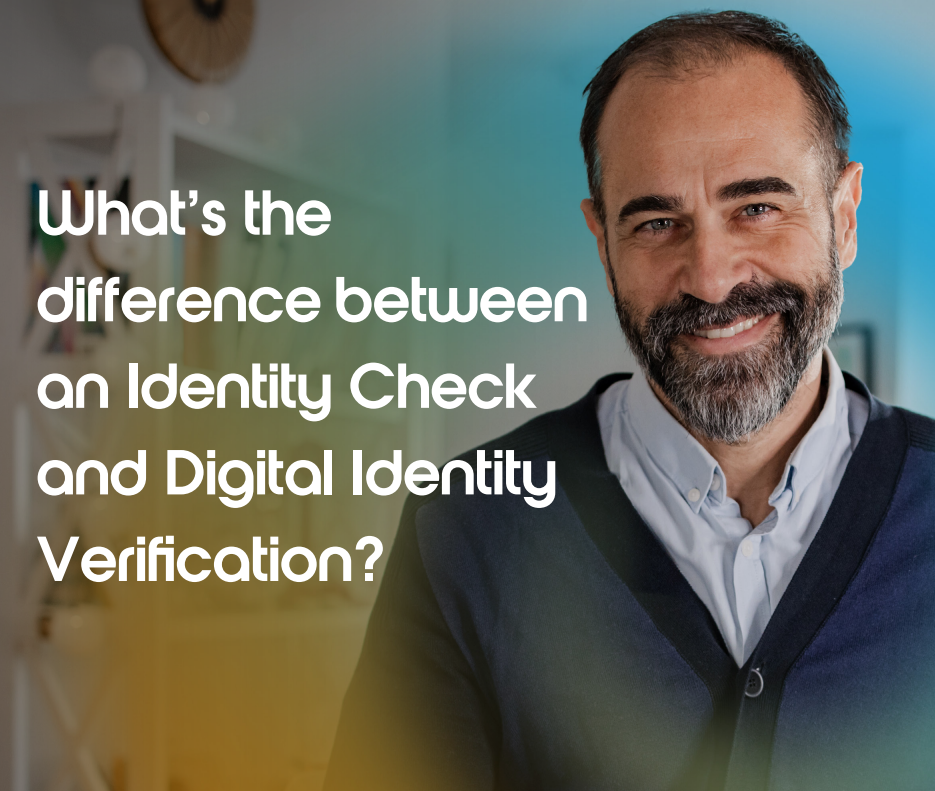One of the most common queries we hear at uCheck surrounds how long DBS checks take to process. Recruitment and safeguarding are key concerns for many organisations, so understanding DBS timescales and the vetting process can be crucial in knowing when to request checks, and how to speed them up.
So let’s explore how DBS timescales work, the variations in vetting and how you can use this knowledge to speed up your checks.
Stages of a DBS check
The level of DBS check will affect the number of stages involved in the vetting. In this blog we’ll focus on the two highest level checks, the standard DBS and the enhanced DBS.
Standard DBS checks go through three stages of vetting:
- Stage 1: Application received and validated
- Stage 2: Police National Computer (PNC) searched
- Stage 3: Certificate printed
Enhanced DBS checks go through up to five stages of vetting:
- Stage 1: Application received and validated
- Stage 2: PNC searched
- Stage 3: Checks against children’s and/or adults’ barred list (as applicable)
- Stage 4: Application sent to local police authority
- Stage 5: Certificate printed
The differences in stages mean there will be variations in the time taken to complete the vetting process for the different levels of DBS check.
The timescale can also be affected by other factors within these stages, such as how long the local police authority holds the application for during an enhanced check.
We’ll explore these variations in vetting below.
Variations in DBS timescales
At uCheck, the average time it takes us to process a standard or enhanced DBS check is just 48 hours.
However, there can be variations in the vetting time.
When considering DBS timescales, particularly for enhanced DBS checks, it’s worth noting that applications can occasionally be delayed by the local police authority in stage four. Different police forces have different average processing times, so some checks may take longer than others.
This goes some way to explaining why some checks take longer than others for no apparent reason.
Both standard and enhanced DBS checks can also be affected by delays in the PNC search during stage two. This can be a particular problem if the information submitted on the application form has errors in it.
So what steps can you take to avoid these delays?
How to avoid delays
Tip 1: Check and double check the information submitted
Errors on an application are one of the main reasons for delays in the vetting process. This is because the DBS, and sometimes the police, will need to query the information. It’s crucial to check that the information is accurate and complete.
Tip 2: Use an online provider
Online DBS applications tend to be processed more quickly than those submitted through the post. Online applications are sent to the DBS electronically, so vetting can often start the same day, and postal delays are completely avoided.
Tip 3: Ensure you have the correct ID documents
When requesting any level of DBS check you’ll need to see certain ID documents, provided by the applicant, to verify their identity. Confirm which documents you need to see before the application is complete to ensure the process isn’t delayed.
DBS timescales: a summary
Understanding DBS timescales is important for understanding why there are variations in vetting time, and recognising the steps you can take to try and speed up the process.
Be sure to get in touch with us if you have any further questions. You can apply for a number of DBS Checks through our simple online platform – most checks are completed within 48 hours. Get started now.






